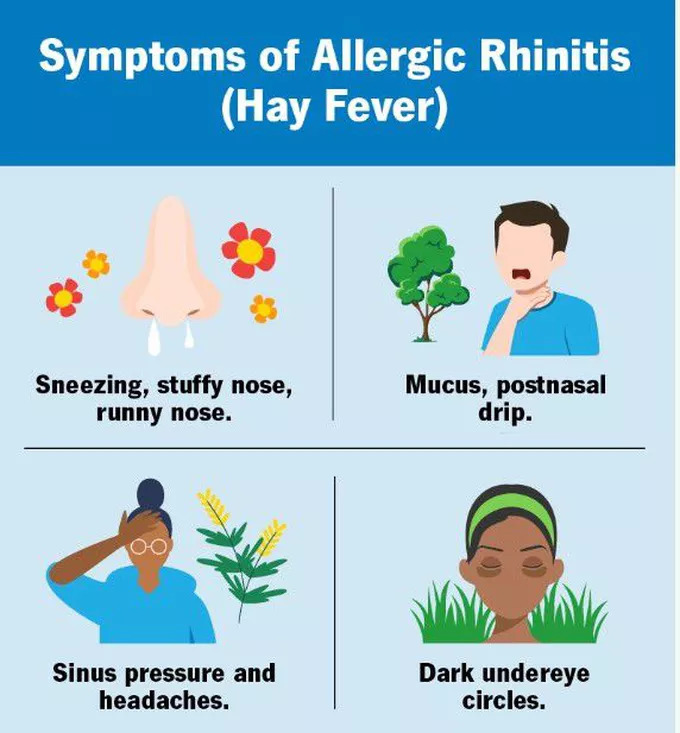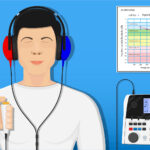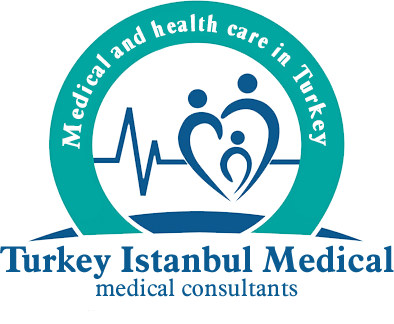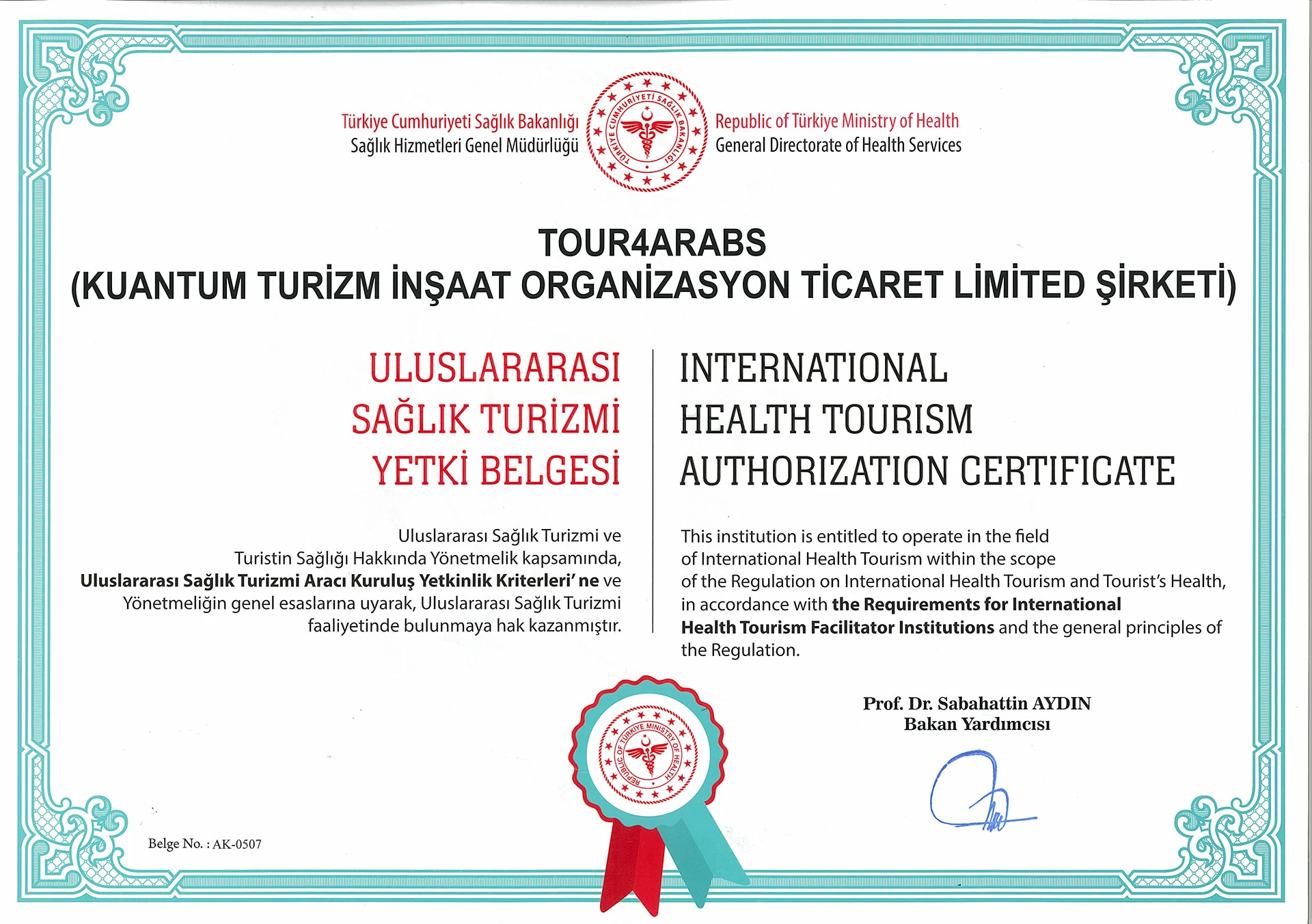What is Allergic Rhinitis (Hay Fever)?
Allergic rhinitis, commonly known as “hay fever”, is a condition that occurs when the mucous membrane in the nose is irritated by allergic reactions. This is due to pollen being released into the air from trees and flowers at certain times of the year, such as autumn and spring. People who did not have such a condition at a young age may develop allergic rhinitis later in life, although the cause is unknown.
What are The Types of Allergic Rhinitis (Hay Fever)?
There are two types of allergic rhinitis:
Seasonal Allergic Rhinitis (Hay Fever):
It is known to be directly related to the climate. People with seasonal allergic rhinitis have difficulty breathing during the pollen season in the spring months and from the beginning of summer to autumn.
Long-Term Allergic Rhinitis Occurring Throughout the Year:
It is caused by indoor allergens such as dust mites, animal hair and mold.
What Are The Differences Between Allergic Rhinitis and the Flu?
The symptoms of allergic rhinitis and the flu can be similar.
There are a few ways to tell them apart:
If you don’t have a fever and have a thin, liquid nasal discharge, you have allergic rhinitis.
But if your nasal discharge is more yellow, you have body aches, and you have a low-grade fever, this is a symptom of a cold.
Allergic rhinitis begins immediately after exposure to an allergen. The flu appears a few days after you catch the virus. Allergic rhinitis continues as long as you are exposed to the allergen. The flu only lasts three to five days.
What are The Causes of Allergic Rhinitis (Hay Fever)?
The immune system’s job is to fight bacteria, viruses and similar harmful organisms.
The immune system of allergic rhinitis patients perceives mold, animal hair, pollen and similar harmless substances as threats and overreacts.
This condition is defined as an allergic reaction. Seasonal allergic rhinitis is triggered by mold spores and pollen.
The factors that cause allergic rhinitis can be listed as follows:
- Ragweed plant in the fall (It is the most common among seasonal allergens.)
- Grass pollens that appear towards the end of spring and summer
- Tree pollens that are commonly found in dead leaves and mushrooms in the spring
Long-term allergic rhinitis can occur due to the following reasons:
- Household items and dust
- Animal hair
- Cockroaches
- Molds growing on houseplants and wallpapers
- Fog and smoke
What are The Symptoms of Allergic Rhinitis (Hay Fever)?
Allergic Rhinitis (Hay Fever) may have symptoms similar to the common cold. However, unlike hay fever, viruses do not cause it.
It can occur due to substances that the body identifies as allergens. House mites, pollens, animal hair are some of them.
Some of the symptoms of Allergic Rhinitis (Hay Fever) are:
- Runny nose,
- Itching, watering, redness in the eyes (Allergic Conjunctivitis),
- Swelling and bruising under the eyes,
- Nasal congestion,
- Frequent sneezing,
- Cough,
- Pain in the sinuses,
- Itching in the nose, throat and palate,
- Fatigue,
- Weakness,
- Asthma attack,
- Sinusitis,
- Middle ear infection.
How is Allergic Rhinitis (Hay Fever) Diagnosed?
Diagnostic practices may vary. First of all, the doctor closely examines the symptoms that occur in the patient. Since the symptoms of the disease can also indicate different health problems, it is extremely important to perform a physical examination and some tests.
Tests that can help diagnose the disease can be listed as follows:
Skin Prick Test:
It is applied to determine which substances the person is allergic to. Within the scope of the test, different allergen substances are inserted into various points on the arm or back area and how the skin reacts to these substances is examined in detail. The test determines exactly which substances the body is allergic to. This method makes it possible to apply much more accurate treatment methods.
Blood Test:
This is another frequently preferred test to diagnose the disease. The immune system can produce various substances when it encounters allergens, and the blood test contributes to the examination of the resulting values. Antibodies, also called immunoglobulin e, located in blood cells, are substances that can be produced by the body when it encounters allergens. Therefore, the presence of antibodies in the body is determined with the blood test.
How is Allergic Rhinitis (Hay Fever) Treated?
People with allergic rhinitis may not experience severe symptoms of this disease. Therefore, not everyone with allergic rhinitis may need treatment.
However, in some cases, symptoms can increase to the point of decreasing quality of life. In cases such as traveling to regions with high pollen in the spring months or staying in places with high house mites, symptoms can bother people.
These people may need to receive allergic rhinitis treatment. It is important to make an appointment at a reliable hospital and see a specialist in the field of ear, nose and throat.
The methods applied for the treatment of Allergic Rhinitis (Hay Fever) are as follows:
- Although there is no definitive and specific treatment, it may be sufficient to stay away from the factors that cause allergies
- Over-the-counter or prescription medications and nutritional supplements can be used with the doctor’s recommendation.
- A treatment that directs the immune system called immunotherapy can be applied.
- Salt water can be applied to the nose.
Medications used to treat hay fever may include corticosteroids and antihistamines. These medications can be used as nasal sprays or pills. They can provide relief for people with nasal congestion, itching, and runny noses. In addition to treatment with medications and medical methods, there are some precautions that people can take.
Prevention of Allergic Rhinitis
Staying away from allergens that trigger symptoms is the most effective way to control them.
Hay fever sufferers should pay attention to the following on days and seasons when allergens are high in the air:
- Avoid going outside and keep windows closed.
- Use air conditioning at home and in the car.
- Avoid using fans that draw in air.
- Dry laundry indoors, not outdoors.
- Take a bath or change clothes when coming from outside.
- Use a HEPA air filter in the bedroom.
Patients with allergic rhinitis who have it all year round should follow these points:
- Dust mite covers should be placed on mattresses and pillows.
- Carpets should be removed, hardwood or tile floors should be installed. Area rugs should be used. They should be washed frequently in hot water.
- Curtains should be removed. Blinds should be used.
- Pets should be prevented from entering the bedroom.
- A HEPA filter should be used in the air purifier and vacuum cleaner at home.
- Toy animals filled with wool and similar toys and bedding should be washed every week. Care should be taken to ensure that the water is very hot.
According to some studies, exposure of babies and children to pets such as cats and dogs, farm animals and infections reduces the risk of developing allergic rhinitis in later years. There are studies indicating that the probability of allergic rhinitis is low in premature babies exposed to pathogens in infancy.






